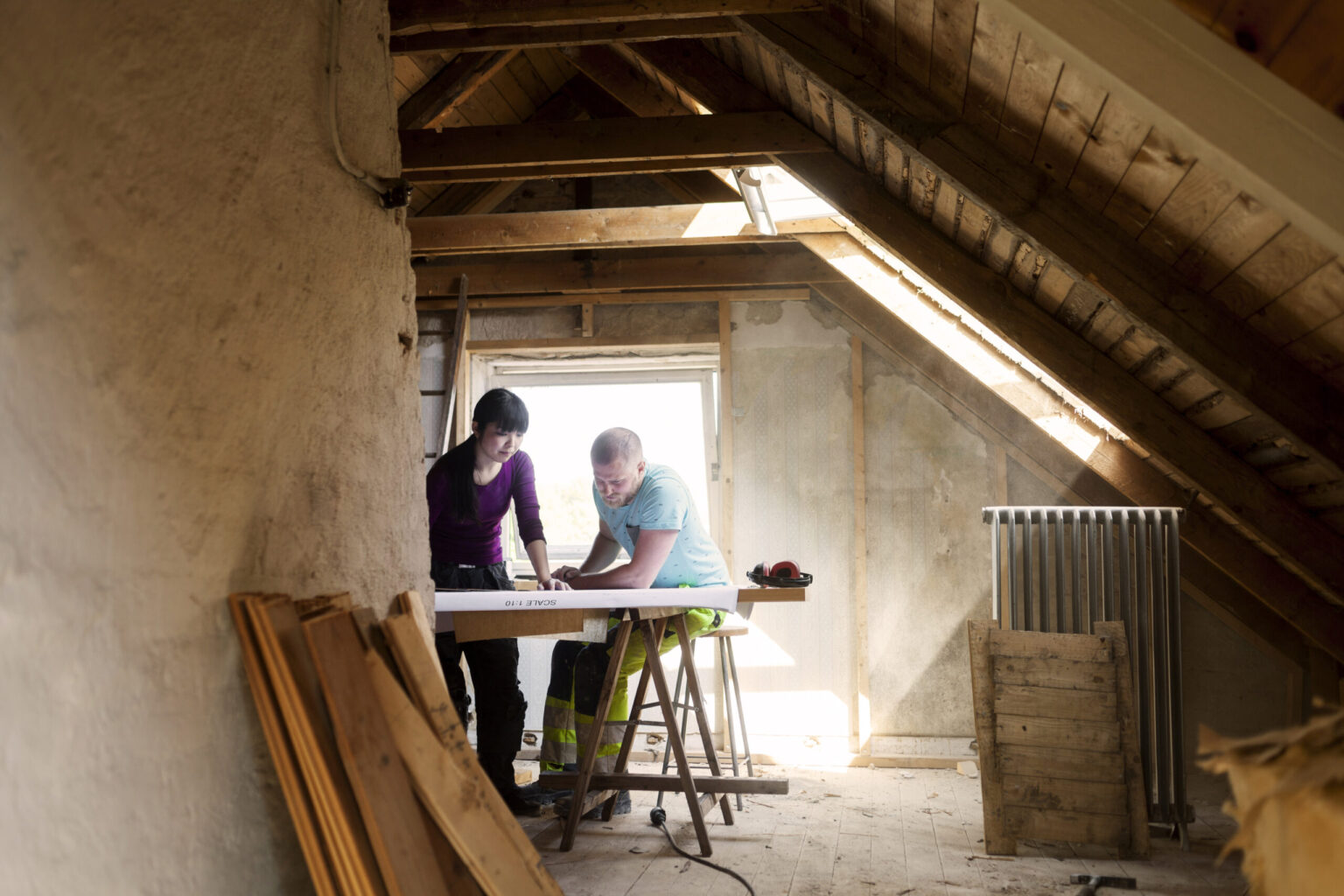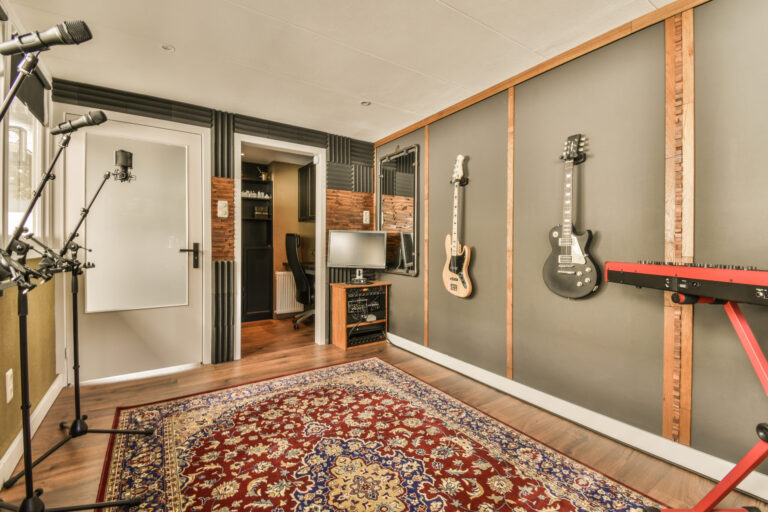How To Flip an Old House: Top Tips for Success
Flipping old houses has become an attractive venture for many investors looking to capitalize on the booming real estate market. The process, which involves purchasing a property, making improvements, and reselling it for a profit, is not without its challenges. Those who are successful at house flipping know that it requires careful planning, an understanding of the market, and a knack for renovation. Whether you’re a seasoned professional or a first-time house flipper, adopting the right strategies is key to maximizing returns on your investment. Below, we delve into the essential steps for flipping an old house effectively.
Creating a Strategic Renovation Plan for Maximum Impact

When flipping a property, prioritize renovations that boost value significantly relative to their cost. Structural updates like a new roof or plumbing are essential but not immediately noticeable to buyers. Focus on impactful changes like modern kitchens or updated bathrooms to make the home stand out. Tailor renovations to the target market; for example, in a sunny location, investing in Florida Windows and Doors for both aesthetics and functionality can attract buyers.
Efficiency is key in house flipping. Work with experienced contractors and consider consulting designers or home stagers to select appealing fixtures. Stick to a strict timeline to avoid delays that increase holding costs like mortgage payments and utilities, ensuring a smooth and profitable flip.
Understanding the Market Before Flipping an Old House
Understanding the local real estate market is crucial for successful house flipping. It involves researching current trends, identifying desirable neighborhoods, and knowing the value of homes. Analyzing supply and demand, as well as property stays on the market, helps predict resale speed.
Understanding the demographic of potential buyers, such as young professionals, families, or retirees, is also essential. Networking with local real estate agents can provide valuable insights on selling times, renovations, and deals. Realtors can provide data and experiences to determine investment potential, allowing informed decisions during the flipping process.
Securing Financing and Budgeting for a House Flip
Secured financing is crucial for house flipping, as it covers the purchase price, renovations, carrying costs, and unexpected surprises. Hard money loans are often preferred by house flippers due to their quick approval times and focus on the property’s potential. Once financing is secured, create a detailed budget that includes all renovation expenses, including materials, labor, permits, and inspections. A realistic budget reduces the risk of overspending and ensures a profitable flip.
Factor in the after repair value (ARV) of the property when calculating the budget to avoid overspending. Researching local materials and labor costs and using cost-saving strategies like bulk sourcing or DIY renovations can help stay within the budget. It’s essential to balance cost-saving with quality to maintain the appeal of the home to potential buyers.
Navigating Permitting and Legal Requirements for House Flips

Before starting renovations, it’s crucial to understand local building codes and regulations to avoid costly fines, delays, and potential redoing. Start the process early to avoid time-consuming permits and budget constraints. Ensure all work is up to code during the renovation process, as potential buyers and inspectors will check for issues. Working with licensed professionals for plumbing, electrical, and structural work ensures safety and compliance, while adding credibility to the renovations.
Understanding zoning laws and neighborhood covenants can dictate permissible renovations and impact the scope of the project. Some older historical homes may have restrictions on modifications, affecting the cost and feasibility of improvements. Maintaining all documentation, including permits, inspections, warranties, and contractor agreements, is essential for transparency and protection against legal disputes. This organized approach ensures legal and professional completion of renovations.
Marketing and Selling a Flipped House for Profit
Selling a flipped house requires a smart marketing strategy to attract the right buyers. High-quality photos, engaging listings, and effective online marketing are essential to highlight the property’s best features. Staging the home with neutral colors and minimal decor helps buyers visualize living there, while a few accent pieces add charm without cluttering the space.
Setting the right price is crucial. It should reflect the home’s value and be competitive with similar properties. Overpricing can deter buyers, leading to longer market times and higher costs. Many house flippers work with experienced real estate agents who handle showings, negotiations, and closing. These agents can also connect you with buyers interested in home renovation Las Vegas if your property fits their needs.
Overall, flipping an old house requires a blend of market savvy, careful planning, and strategic renovation. By understanding your market, securing sound financing, creating impactful renovations, navigating legalities, and employing robust marketing techniques, you can turn a worn property into a profitable venture. Approached thoughtfully, house flipping can be a rewarding and financially beneficial endeavor.







